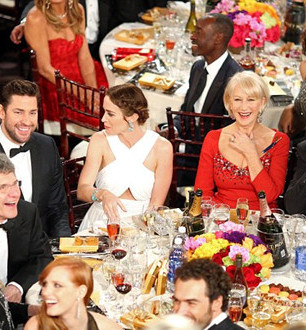13 restaurant pet peeves - as told by waiters
Everyone enjoys going out for dinner, it relieves the stress of cooking a meal and provides an enjoyable and carefree experience for all involved... or so you'd think. Whilst being a customer is the position we usually find ourselves in, the people behind the scenes that make our evening a success, don't always have the best time.
Working as a waiter is often described as one of the most stressful jobs a person can have. Dealing with very specific and subjective demands from every single table can take its toll. No one goes out with the intention of being 'that customer', the one who complains constantly, makes impossible requests and generally makes life a bit difficult (we hope). To help you avoid the awkwardness of gaining a bad reputation in a restaurant for days to come, we have compiled 13 pet peeves of dining, as told by waiters.
Skimming through the menu
Do you ever go to a restaurant and order something on the menu because it sounds like luxury on a platter but then you realise you don’t actually like the combination of ingredients sitting in front of you? According to some servers, you’re not the only one, so don’t worry! Our top tip is to read the fine print to make an informed decision.

Being too nice is not always the way to go
You may think that you’re doing the waiter a favour by not complaining or telling them something you’re clearly dying to say. But in reality, passive aggression and silence are not a good combo. Save those snarky comments for your husband after he got you the wrong birthday gift. Be honest but kind to waiters and you’ll gain yourself some brownie points.

Playing a game of ‘catch the waiter’s attention’
It can be daunting having to ask for a waiter or call them over, so it’s sometimes easier to flail your arms to attract attention. Usually, it's anyone but the waiter that looks. With the right kind of persistence, calmly waiting for them to hear you is probably the best solution in any situation.

Realistically, there’s a time limit on your evening
One of the beauties of dining out is the conversation that accompanies the eating. Although it seems like you have all the time in the world to bask in the glow of that restaurant lighting, you don’t. Be courteous to other people waiting on a table so they’re not left hungry.

Hold back on the additional table decorations
Everything you leave on your table has to be cleaned up by someone, no one likes picking up after someone else at the best of times. But let’s not test those waters by leaving unnecessary napkin shreds, straw packets and bits of food lying everywhere.
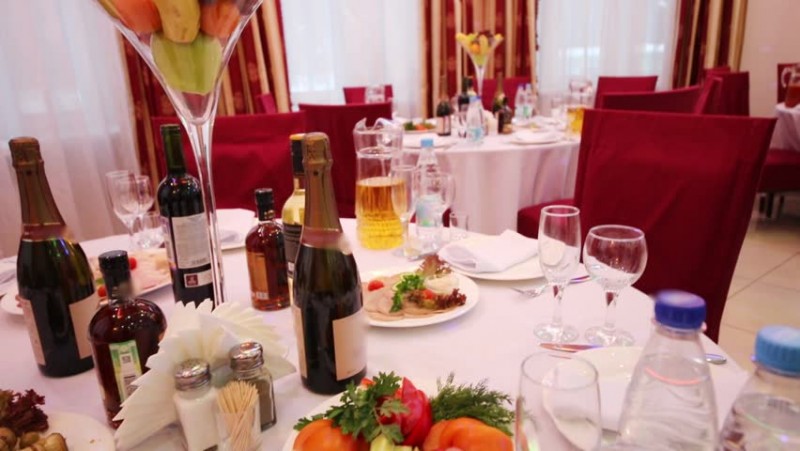
Ignoring the waiters (temporarily)
Sometimes the waiters wait patiently at your table for the conversation to finish but they shouldn’t have to do that. It also doesn’t convenience you either because it’ll disrupt the timing of your meals. If they're there to take your order, pause the convo.
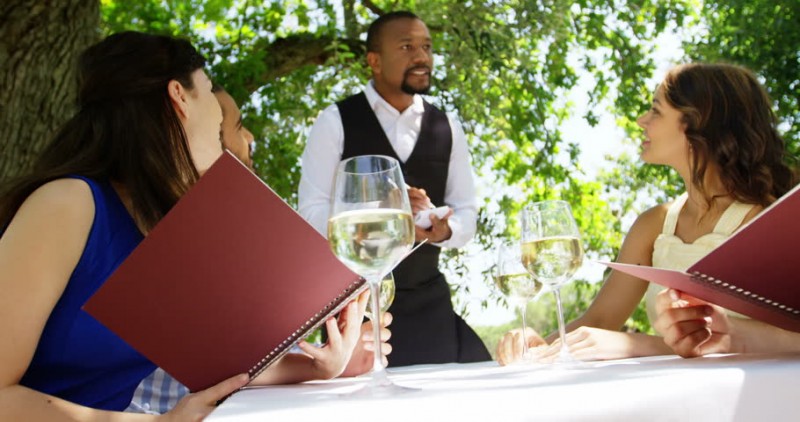
Interrupting the waiters
Give the waiter some time to introduce themselves before you jump in with any conversation or the order. Especially if there's any specials or information they need to tell you before your evening commences. They’ll appreciate that greatly.
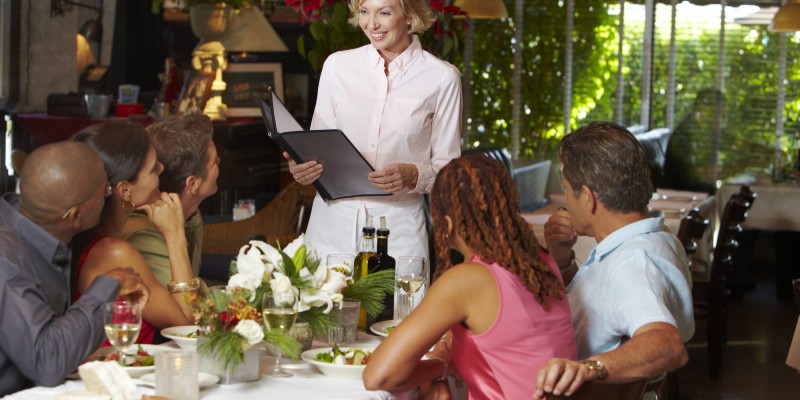
Effort is a two-way street
Servers may be serving your food but they can’t do that if you haven’t left any space for the plates. It helps to shuffle things around and make space when you see them approaching with the plates. You're doing everyone a favour.
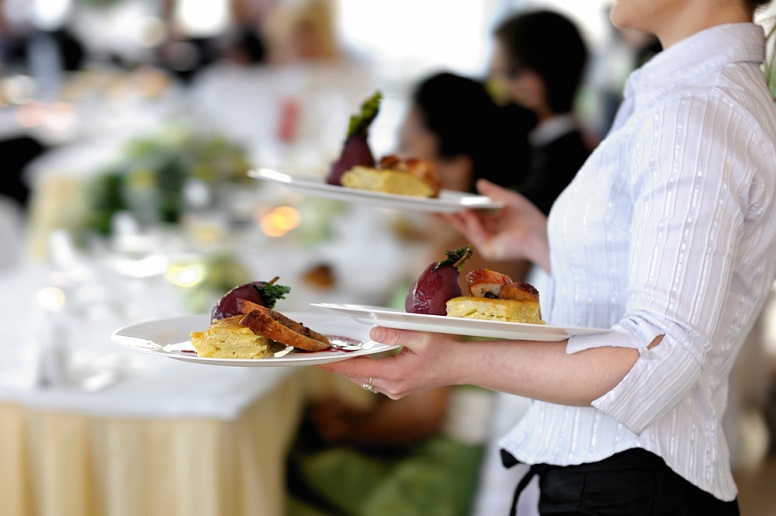
It’s the thought that counts
When the time comes to clear the plates, you would think that stacking the plates and condensing the rubbish is a big help. In actual fact, it might be better if you leave it to the professionals. It’s the thought that counts, though!
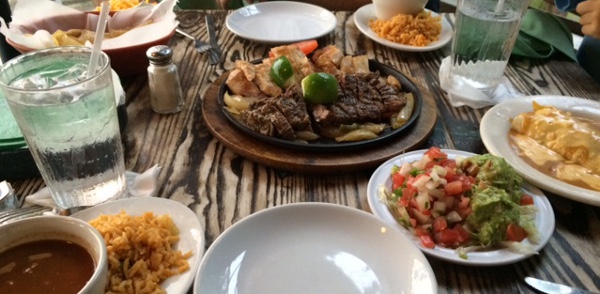
Take the initiative to let them know they’re appreciated
The tipping culture here in New Zealand is not as big as other parts of the world. However, when someone has been helping your table of 10 throughout a busy night and made sure you’re happy, it’s nice to let them know you appreciated their hard work! Although a tip is not expected, it’s not frowned upon either, but a good review or personal compliment to the manager about them can go a long way.
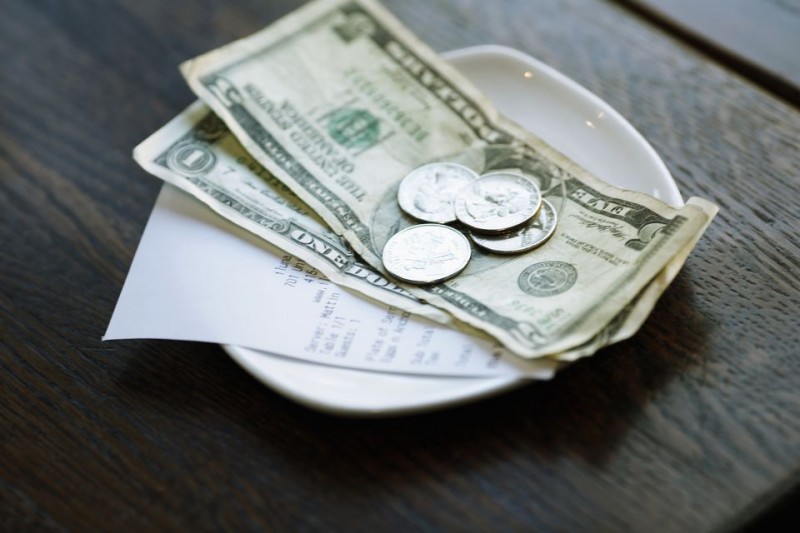
Take the table
Restaurants always have a seating system, so it helps to trust that and take the table they've selected for you. Asking to change your table on a busy night might disrupt up the careful planning that goes into assuring everything runs according to plan.
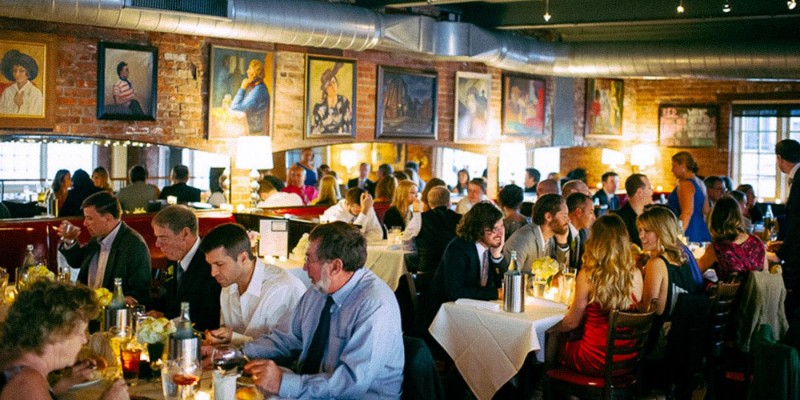
Don’t whine and dine
It is totally acceptable to complain if your meal isn’t up to par, but not after eating half the meal and then expecting it to be free of charge. Restaurants have to pay for the ingredients in the food and if you’ve already eaten a substantial amount then it’s only fair to pay for your meal. If you have any issues, resolve them earlier.
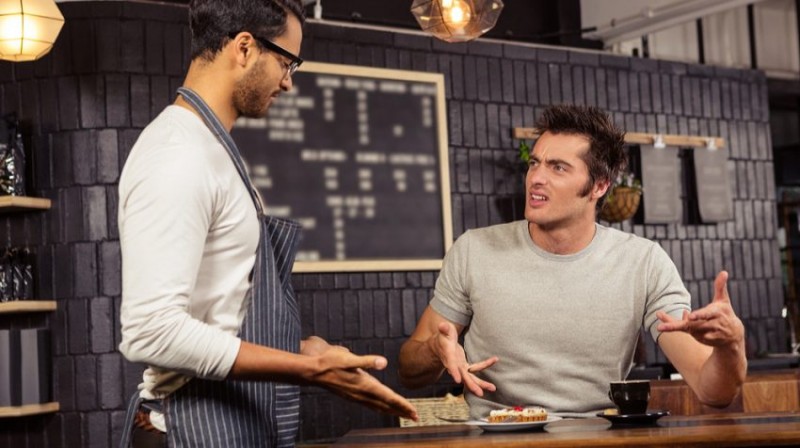
Discretion is key
Dining out implies being in public and being in public implies a certain social etiquette. This includes keeping your kids under control and your personal items confined to your table. People around you may not appreciate having their experience interrupted, and if it was the other way round, neither would you!

Image Credit: Shutterstock, Dzqxh.com, The Spruce, Voice of Sandiego, Foodindustryexecutive.org, Cheat Sheet, Upserve, Chips Restaurant.



